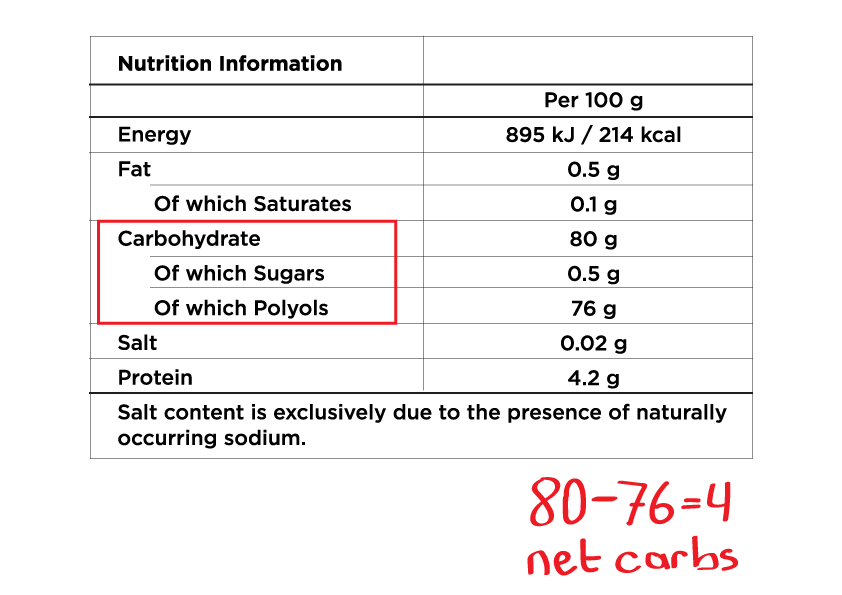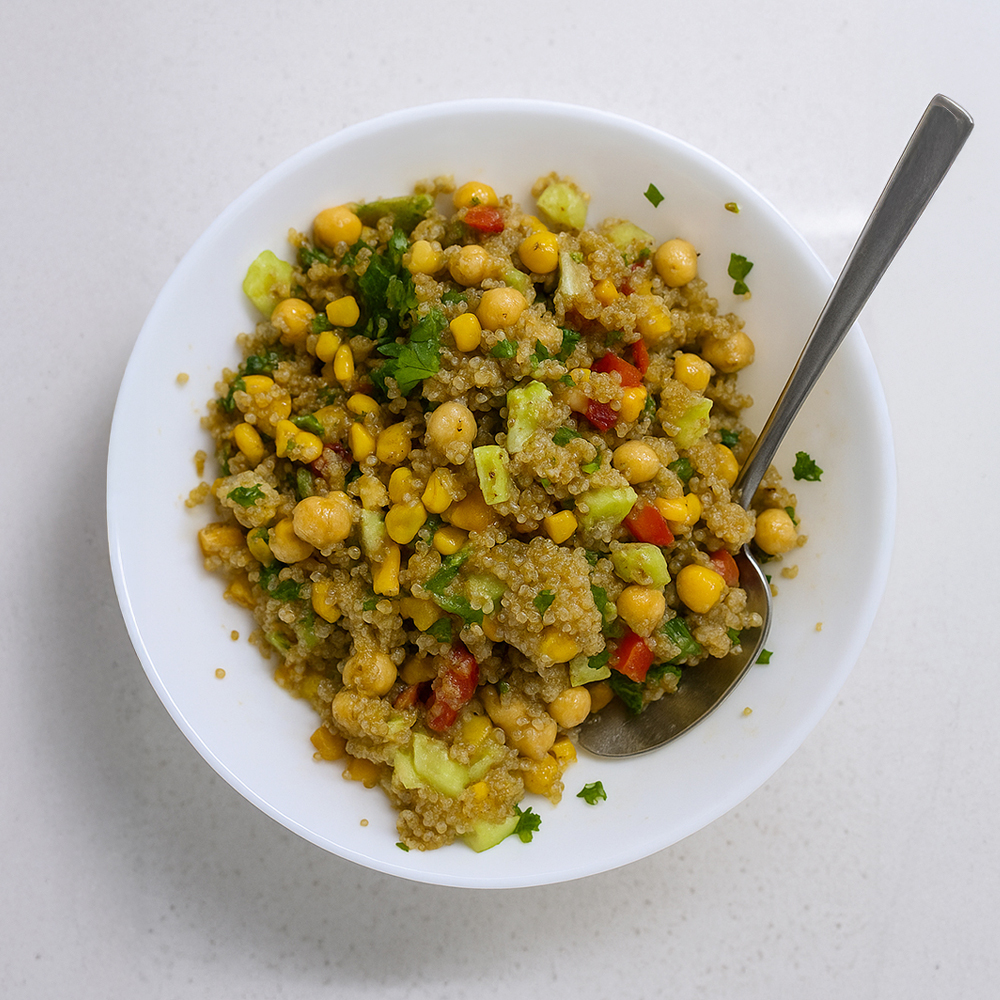When it comes to healthy living and conscious nutrition, it is very important to get the nutrition information right. For those following special diets such as ketogenic diets or diabetic users, many of whom are also users of low-calorie sweeteners such as Splenda, the concept of net carbs can come to the fore. Net carbs can be important for those following a low-carbohydrate lifestyle and specialising in their calculation can in some cases enable you to make informed dietary choices.
In this article we will enter the world of net carbs, explain their importance and guide you through the calculation process. And we’ll talk about how you can incorporate the sweetness of Splenda into your life.
What are Carbohydrates?

As a macronutrient, carbohydrates, made up of components such as sugar, fibre and starch, play a vital role in providing your body with energy.1
Before we get into the details of calculating net carbs, it’s important to understand the basics of carbohydrates. Simple carbohydrates have a basic chemical structure and are easy for the body to digest. Some simple carbohydrates, such as fruit and dairy products, are good for you, while others, such as sugar, fizzy drinks and confectionery, are unhealthy and should be limited.2
Complex carbohydrates have longer, more complex chains of sugar molecules and take longer to digest. The healthiest complex carbohydrates include whole grains, most vegetables, beans and legumes.2
What is the Difference in Net Carbs?
When you eat a carbohydrate food, your body breaks down a significant portion of carbohydrates into sugar units.
Net carbohydrate, the subject of this blog post, refers to these digestible carbohydrates by our bodies.3
Some carbohydrates are not included in net (digestible) carbohydrates: Some carbohydrates, such as fibre and sugar alcohols, are not digested or metabolised in your body due to their molecular structure and have no energy value or blood sugar effect.4
How is Net Carbohydrate Calculated?
As a generally accepted formula, the amount of fibre is subtracted from the total carbohydrate amount to calculate the net carbohydrate amount in whole foods. To calculate net carbohydrate in processed foods, the amount of polyols is subtracted from the total amount of carbohydrate.
For example, a food containing 80 g of total carbohydrate and 76 g of polyols is considered to have 4 g of net carbohydrate. 4 g net carbohydrate refers to the amount of carbohydrate in the food that the body can digest and convert into glucose.

What are the Benefits of Calculating Net Carbs?

Having a general knowledge of how your body processes different types of carbohydrates can help you reach your target blood sugar, weight loss and health goals.
Increasing fibre intake and reducing total added sugar intake is beneficial for most people. For example, in low-carbohydrate diets such as ketogenic diets or the Atkins diet, counting total carbohydrates may limit the inclusion of fibre-rich foods in the diet. Counting net carbohydrates can increase consumption of fibre-rich foods that promote satiety, lower blood sugar and reduce calorie absorption.5
What are the Disadvantages of Calculating Net Carbohydrates?
It is important to note that there is no standard definition of net carbohydrate and it is not officially recognised by health organisations. It may not be possible to calculate net carbohydrates with complete precision, especially in processed foods.
For some people with diabetes, calculating net carbohydrate may help prevent low blood sugar, while for others it may not.5 It is important to consult a health professional about whether total carbohydrate or net carbohydrate should be used in the diet, as everyone may be affected differently.
Splenda Sweeteners and Net Carbohydrates
As you embark on the journey towards a healthier lifestyle, Splenda becomes an ally in your quest for a balanced lifestyle. With its low-calorie nature, Splenda can sweeten your favourite foods and beverages without significantly affecting your carbohydrate or calorie intake. Whether you’re stirring Splenda Sweet Minis into your zero-calorie morning coffee or preparing a low-carb treat with zero-calorie Splenda Stevia Crystal, Splenda allows you to enjoy sweetness without derailing your health goals.
Splenda Sweet Minis and all Splenda Stevia Sweetener products are considered keto-friendly when consumed in normal amounts. However, please note that Original Splenda Granules are not suitable for the ketogenic diet.




